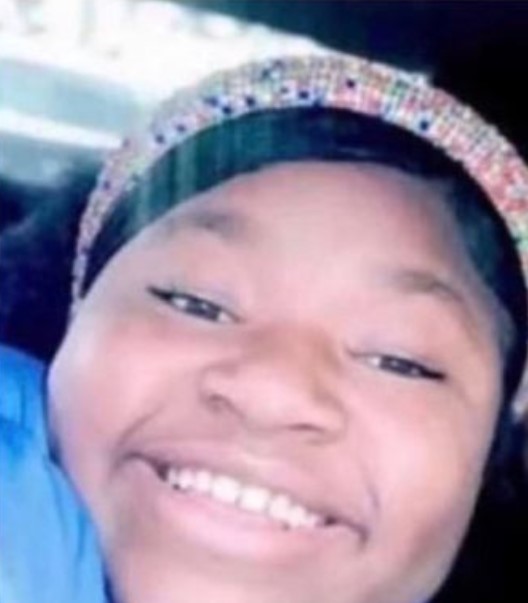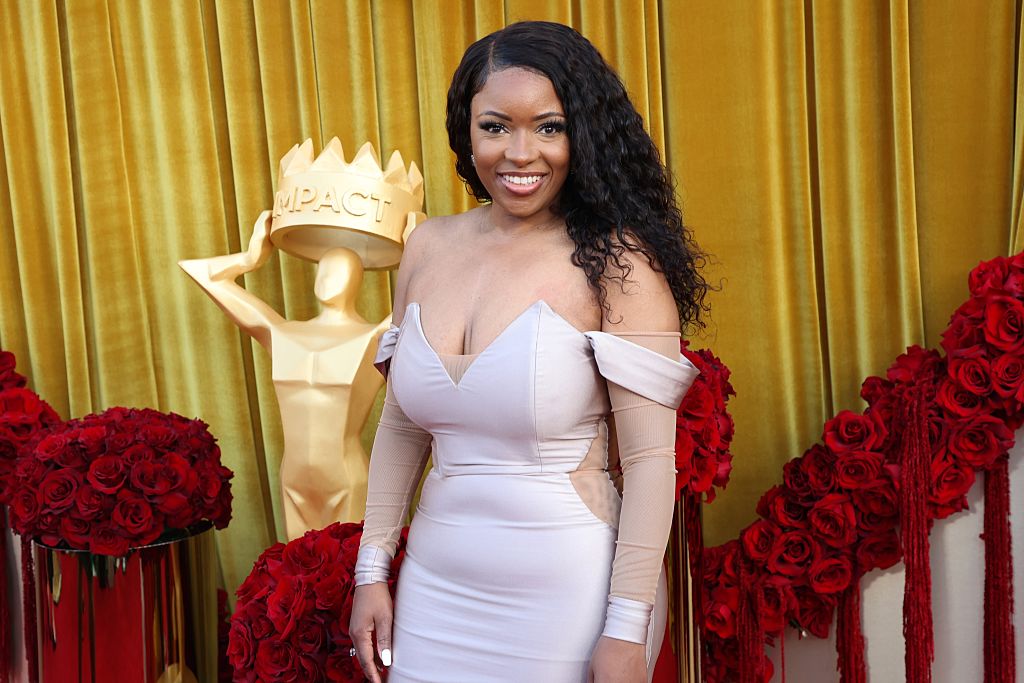Black Mom Pepper-Sprayed By Rochester Cop In Latest Violent Encounter
‘Black Girls Don’t Get To Be Girls’: Black Mom Pepper-Sprayed By Rochester Cop In Latest Violent Encounter
The Rochester Police Department is under fire again for repeating excessive force practices, pepper-spraying a Black mother while her three-year-old daughter stood by.
According to The Appeal police were called to a local drug store on Feb. 22 where the woman was accused of stealing.
Cops approached the woman while she walked down the street holding her daughter. She showed them the contents of her purse after they accuse her of stealing. An officer orders her to get in the police car so they can return to the store for questioning.
Violence immediately ensues after she refuses, attempting to run back towards the store.
The woman was later arrested for trespassing, while the officer who sprayed her was placed on administrative duty.
In January critiques of the department escalated to a fever pitch after police released footage showing a member of the force pepper-spraying a nine-year-old girl who was experiencing layers of trauma. She reportedly threatened to harm herself and her mother and claimed she was witnessing abuse inside of the home. The police incident occurred weeks after the fatal shooting of Daniel Prude, a mentally distraught Black man who died after police pressed his body against the pavement until he stopped breathing. No officers were charged in his death.
And while stories like Prude’s often takes the national spotlight, Black women and girls continue to suffer the same fate at the hands of the police. The violence is rooted in the desire to violate and dominate the Black women’s bodies, often perceived as a threat. It is anchored in the term “adultifcation” and systemic racism, where Black girls are often perceived to be older and more mature than they actually are.
“Where can this young girl be safe?” said Monica Simpson, the executive director of the reproductive justice organization SisterSong in reference to the nine-year-old being pepper-sprayed. SisterSong centers Black women in the reproductive justice fight and aims to preserve their rights. Black women members of the organization birthed the term reproductive justice in 1994 that transformed the ways people speak and advocate around reproductive justice.
“Black women, our bodies in particular, have always been the source of so much violence in this country,” Simpson said. From slavery to medical racism, Black women and their bodies are often targeted and violated without acknowledgement or restorative justice.
Simpson says she also experienced excessive force by officers at the age of 12 when her, her sister and cousin were pepper sprayed by police in the early ’90s. Simpson described that on a hot summer day in Wingate, North Carolina, she was sitting on her front porch with her family when a police confrontation took place steps away in the parking lot of a nearby car wash.
“The cops came to harass the young Black men, as they always did in our community,” she said.
Police confronted a group of the boys in the parking lot, when one of them ran into her front yard attempting to escape the grasp of a police dog. Police pursued the group to her front yard and released pepper-spray, which struck everyone in close capacity.
“At that point we were not children, we were not young girls. We were a threat and we were caught up in this violent—very violent interaction with the police because that was the norm,” she said.
While the community rallied around her family to pursue a case, the fight did not wage forward due to instilled fear of law enforcement.
“I remember the fear they had of the reprimand,” she said in reference to the elders in her family. Simpson said her family did not have the financial means to pursue a case and felt the police could attempt to criminalize members of her family in retaliation.
While Simpson’s story occurred over 25 years ago, the list keeps growing, shining a light on notable cases where Black women were subjugated to excessive force. In 2015 an officer in McKinney, Texas, manhandled a 15-year-old girl named Dajerria Becton, during a pool party, accusing her and others of trespassing in a majority white neighborhood. That same year, a former sheriff’s deputy and school resource officer was filmed flipping a Black student over her desk during a classroom escalation. In 2018, Chikesia Clemons was violently accosted by police during an incident at Waffle House in Alabama. Last year a six-year-old Florida girl was handcuffed by officers while she pleaded for help. And this year, a Black teen girl was knocked unconscious by a sheriff’s deputy in another school incident.
While the women and girls in these confrontations were able to retain their physicality the emotional and spiritual tool is crushing.
Simpson says that these incidents where young Black women are the victims of excessive force or even death, deserves a gender perspective.
“The thing that makes it interesting for me about this story…I think that’s where the intersectionality of it is important,” she said in regards to the pepper-spraying incident in Rochester.”
“This was a reproductive injustice,” Simpson continued. “It’s not OK that Black girls don’t get to be girls.”
Simpson says the impact of these experiences on the collective Black family is also important.
“We are forced to interact with systems that have yet to exemplify care,” Simpson said.
All the while, living through a pandemic restricts you from focusing on communal methods of care, especially for Black communities who are disproportionately affected.
“People have to know that they’re not alone and that our stories are connected. That is where our strength is in community,” Simpson said.
SEE ALSO:
‘Please Don’t Do This To Me’: New Footage Shows 9-Year-Old Pepper-Sprayed By Police Begged For Help
















